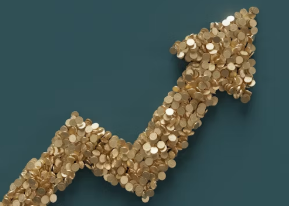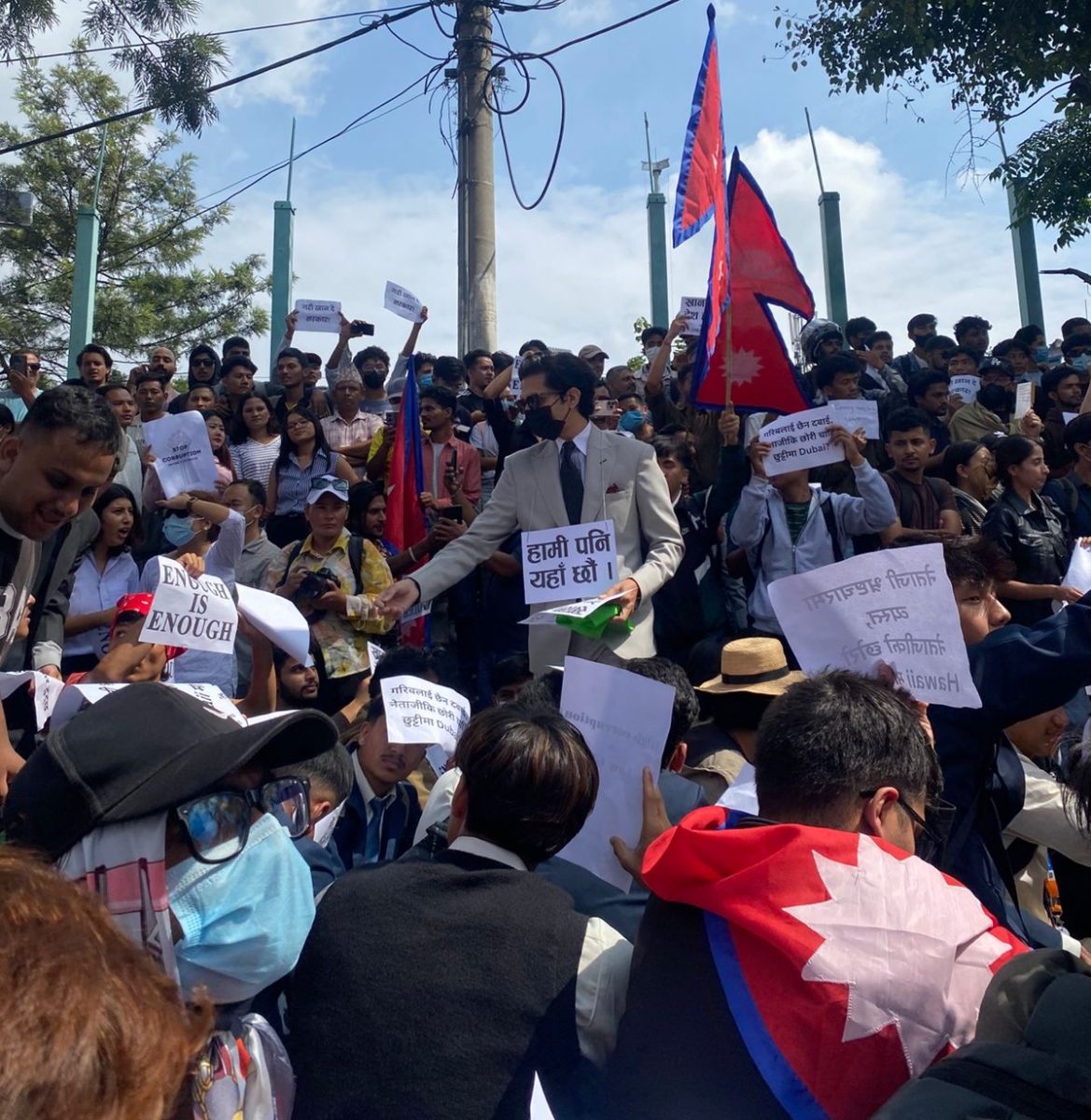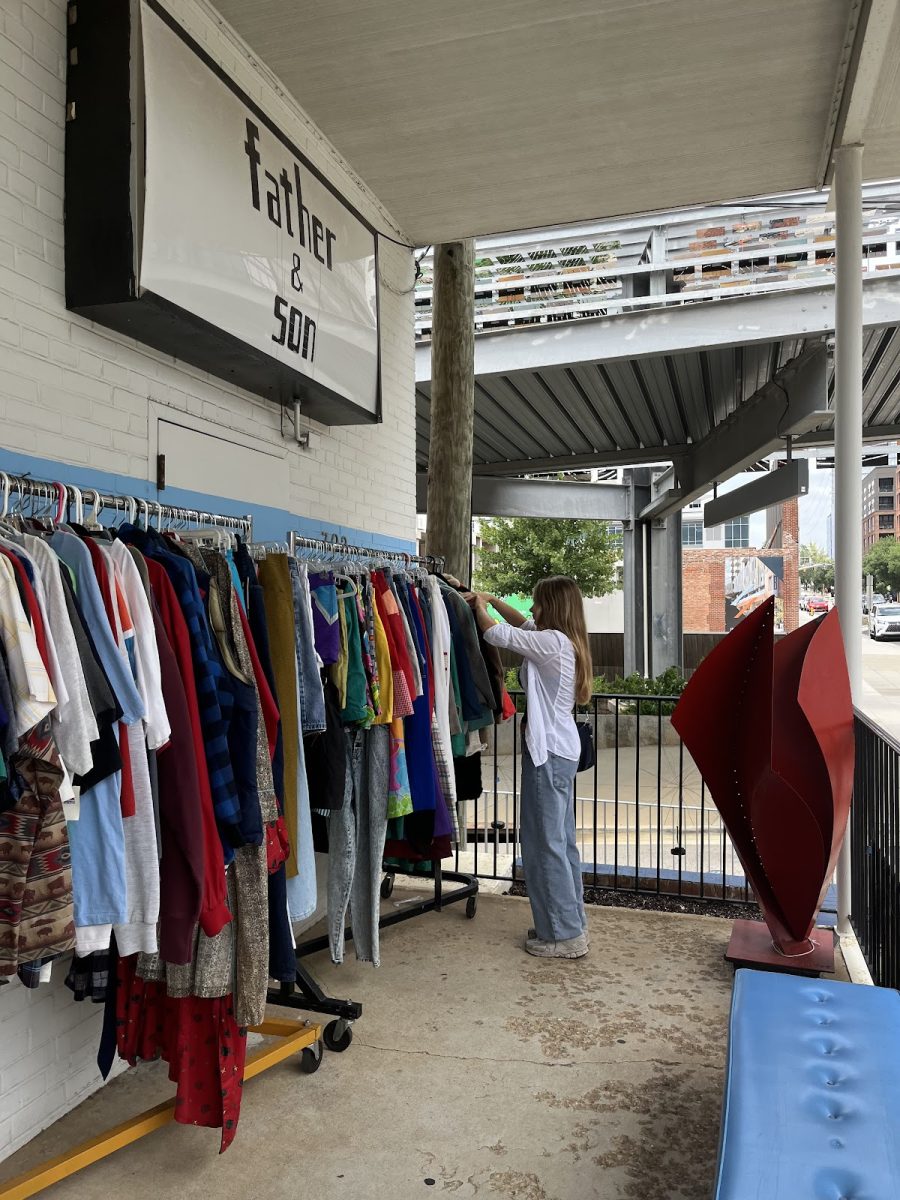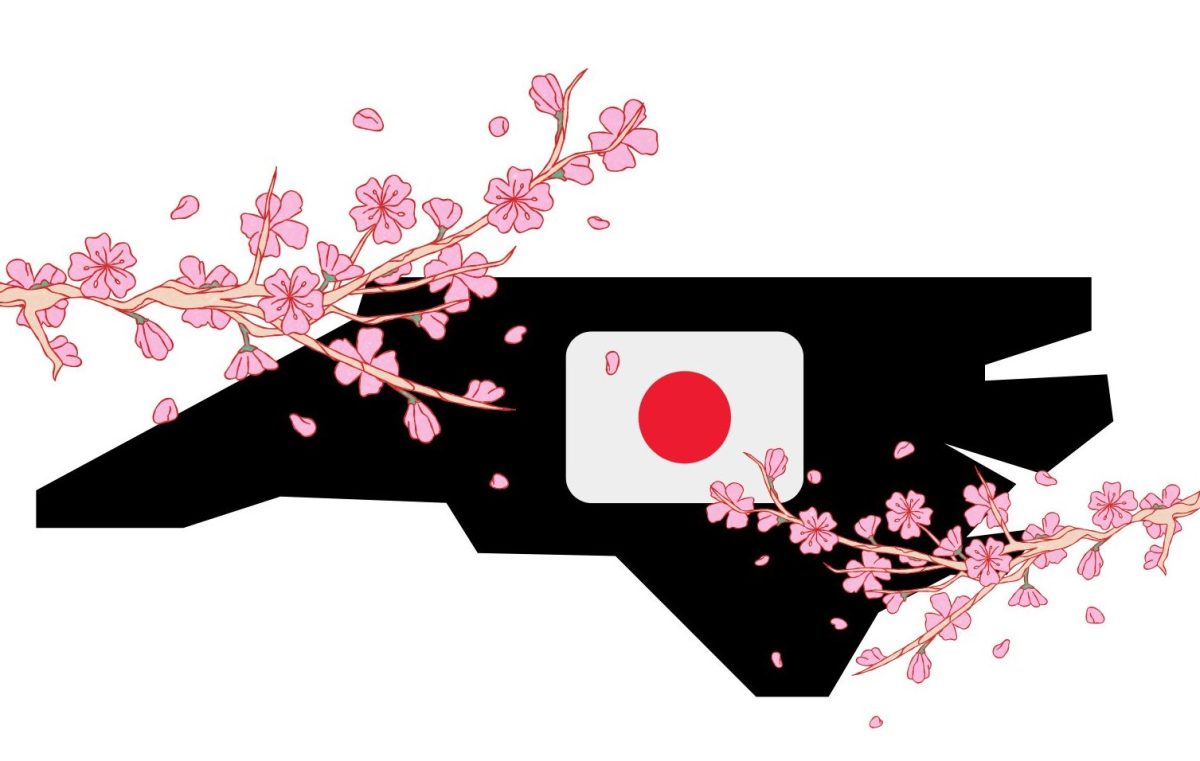On April 11, North Carolina Governor Roy Cooper greeted Japanese Prime Minister Fumio Kishida and his wife, Yuko Kishida at the Raleigh-Durham International Airport, marking the first visit by a head of government to North Carolina since the Shah of Iran visited in 1962. The Kishidas flew in from a subsequent meeting with President Joe Biden in Washington. Prime Minister Kishida noted the importance of extending relations past Washington by connecting with individual states like North Carolina.
Japan is the largest source of foreign investment in North Carolina, with Japanese company Fujifilm Diosynth Biotechnologies announcing it would bring jobs and invest $1.2 billion in a biomanufacturing plant in Holly Springs a day before the visit. Approximately 30,000 jobs in North Carolina are linked to Japanese companies.
Following the Japanese leader’s arrival, Governor Cooper took Prime Minister Kishida on a tour of the Toyota battery manufacturing facility in Randolph County and the Honda Aircraft headquarters in Guilford Company.
First Lady Kristin Cooper and First Lady Yuko Kishida visited Chapel Hill High School, where students learning Japanese could ask Lady Kishida questions about her life. Afterwards, the two first ladies visited the Sarah P. Duke Gardens and participated in a traditional Japanese tea ceremony.
Later in the day, the Kishidas visited the Nagoya University campus at North Carolina State University in order to speak with a select group of six Japanese students and understand the potential for further educational exchanges between North Carolina and Japan.
The Japanese delegation finished their visit with a luncheon at the North Carolina Executive Mansion. The food was prepared by Ashley Christensen, a Raleigh chef who had won the James Beard award. Additional delegation members enjoyed Sam Jones Barbecue and listened to bluegrass music from the band Unspoken Tradition.
The Japanese delegation’s visit to North Carolina paves the way for continued cooperation between the two groups. As North Carolina develops, especially in the Research Triangle Park region, Japanese companies will continue to invest in the area’s resources.














































































